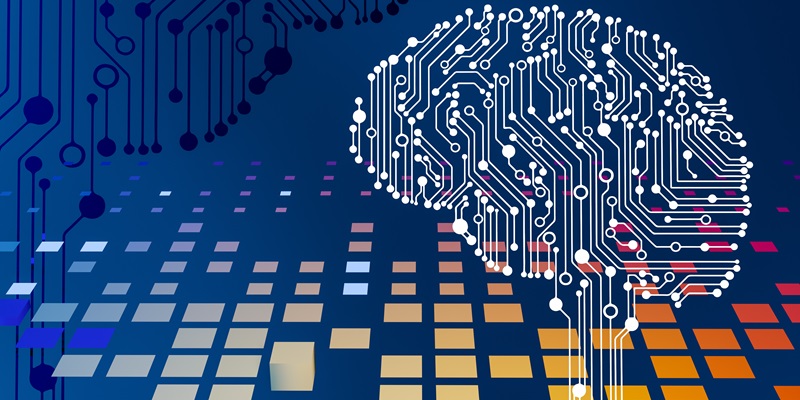With the emergence of artificial intelligence (AI), numerous industries are experiencing a paradigm shift. From healthcare to finance and transportation, the impact of AI is undeniable. Its unparalleled ability to process immense amounts of data and make intelligent decisions has opened up a plethora of possibilities for innovation and progress.
AI in Healthcare
In the realm of healthcare, AI algorithms have proven to be incredibly useful. By analyzing vast medical records, these algorithms can aid in diagnosing diseases accurately and efficiently. Through the synthesis of patient data, medical history, and symptoms, AI can provide healthcare providers with valuable insights, resulting in improved patient outcomes. In addition, AI streamlines healthcare procedures, enabling medical professionals to diagnose and treat patients more effectively, ultimately saving lives.
AI in Finance
The finance industry has also been greatly influenced by the power of AI. With AI-powered algorithms, predicting market trends and making informed investment decisions has become more viable. These algorithms analyze a multitude of factors, such as historical data, market indicators, and news sentiment, to provide investors with valuable insights. As a result, individuals and organizations can make better-informed decisions, minimizing risks and maximizing returns. Furthermore, AI plays a crucial role in financial analysis and risk management, assisting in identifying potential opportunities and mitigating threats.
AI’s Limitations and Misconceptions
Despite its remarkable capabilities, it is important to address the misconceptions surrounding AI. AI is not a superintelligence that will surpass human capabilities and take over the world. Rather, it is a tool created to enhance human capabilities and provide solutions to complex problems. Human creativity, empathy, and critical thinking remain paramount. The collaboration between humans and AI is crucial to ensure that the technology is applied responsibly and ethically.
Ethical Considerations in AI Development
An integral aspect of AI development is the emphasis on ethical considerations. With great power comes great responsibility, and AI is no exception. Implementing ethical guidelines is imperative to avoid potential risks and harm to society. It is essential for AI systems to maintain privacy and security, protect against bias and discrimination, and prioritize transparency and explainability. By prioritizing ethics, developers and stakeholders can ensure that AI is utilized responsibly, benefiting humanity as a whole.
AI’s Requirements for Effective Implementation
In order to effectively implement AI, thoughtful planning and meticulous design are indispensable. Organizations must carefully evaluate their needs and goals and develop a strategic roadmap for AI integration. This involves identifying the right datasets to train AI models, selecting appropriate algorithms, and establishing a robust infrastructure. Moreover, ongoing human oversight is crucial. While AI possesses immense capabilities, human judgment is essential for intervention and decision-making, ensuring that AI remains aligned with ethical and societal standards.
Collaboration Between Humans and AI
The true potential of AI is realized when humans and AI collaborate. By harnessing the strengths of both, greater achievements and advancements become possible. AI can process and analyze vast amounts of data at a speed beyond human capacity, while humans contribute valuable qualities such as intuition, creativity, and emotional intelligence. Together, they form a powerful partnership that drives innovation, productivity, and progress.
Artificial intelligence has undeniably revolutionized numerous industries, improving efficiency, accuracy, and decision-making. While understanding its limitations, harnessing its potential, and prioritizing ethics are essential, AI offers immense opportunities to create a future that is both intelligent and humane. By embracing AI as a tool and collaborating with it responsibly, we can unlock innovation and drive positive change. The path to a better future lies in our ability to leverage AI for the benefit of humanity while ensuring its responsible and ethical implementation.

